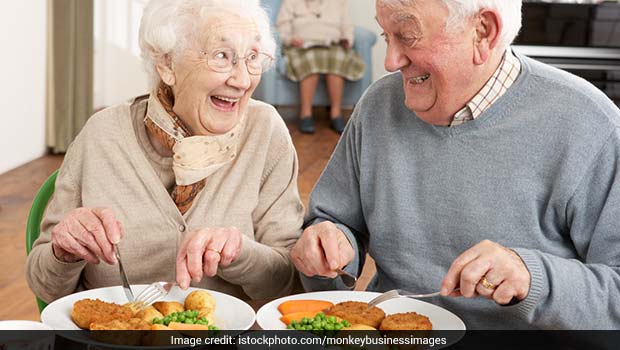Juggling work life and personal life is a tough job to do. But in a bid to perform all our duties, our health takes a back seat. As we grow old, it becomes even more important to keep our health in check, as in what we eat, how often do we eat, how much do we exercise, etc. People as they age complain regarding their weight gain - which usually happens due to the change in the lipid turnover. As per the findings of a new study, it was found that lipid turnover in the fat tissue decreases as we age, which further leads to weight gain, even if we keep a watch on our diet or exercise less. "The results indicate for the first time that processes in our fat tissue regulate changes in body weight during ageing in a way that is independent of other factors," said study author Peter Arner, Professor at Karolinska Institute in Sweden.
In the study, published in the journal 'Nature Medicine', the researchers analysed the fat cells in 54 people (both men and women) over a period of 13 years. During this time, participants, irrespective of their weight gain or loss, showed a decline in lipid turnover in the fat tissue - which is the rate at which lipid in the fat cells is removed and stored. Moreover, the ones who did not compensate for the decline in lipid turnover by having low calorie foods, gained weight by an average of 20 percent, as per the study.
Furthermore, the researchers analysed lipid turnover in 41 women who had underwent bariatric surgery in the past to understand how the lipid turnover rate affected their ability to maintain their weight for four to seven years post-surgery.
Finally, the researchers found that only those who had a low rate before the surgery were able to increase their lipid turnover and manage their weight loss. Moreover, it was assumed that these people could have had more scope to increase their lipid turnover than the ones who already had a high-level pre-surgery.







